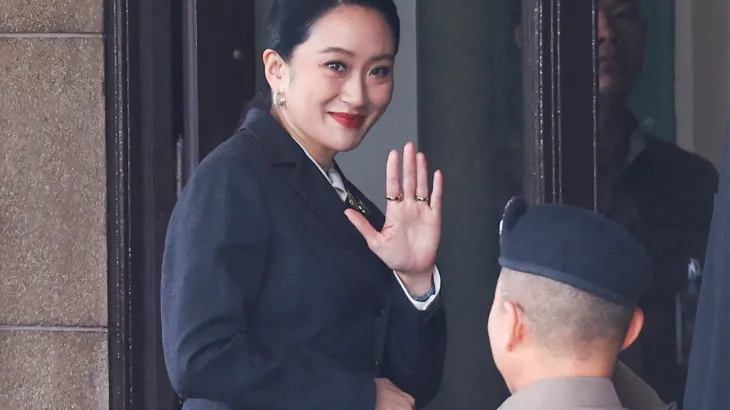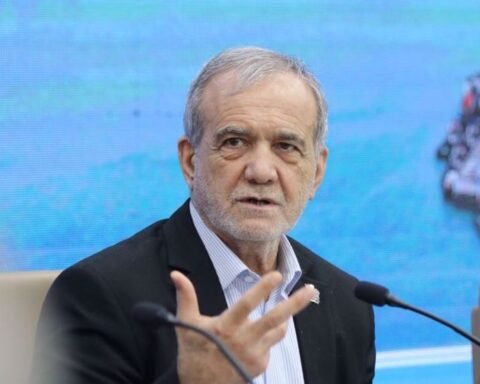Thailand’s political scene is in upheaval after the Constitutional Court ruled to remove Prime Minister Paetongtarn Shinawatra from office, citing violations of ethical standards.
The decision came after a leaked phone conversation with Cambodia’s former leader, Hun Sen, surfaced online, sparking public outrage and questions about national security.
The private call revealed the prime minister referring to Hun Sen as “uncle” while criticizing a senior Thai military commander. Observers say the remarks, made during a tense period along the Cambodia–Thailand border, were perceived as undermining military authority and jeopardizing Thailand’s national interest. The court ruled in a 6–3 decision that her actions breached the ethical responsibilities of the office.
Paetongtarn, 39, had held office for just over a year, continuing the political legacy of the influential Shinawatra family, which has dominated Thai politics for decades. Her father, Thaksin, and her aunt, Yingluck, were both removed from power in similar high-profile interventions, highlighting a pattern of legal and military checks against the family’s leadership. Analysts warn that the repeated judicial interventions have contributed to ongoing instability in Thailand’s political system.
Following the verdict, Deputy Prime Minister Phumtham Wechayachai assumed the role of acting leader while Parliament begins the process of selecting a new prime minister. Political experts suggest the change in leadership could strain coalition dynamics and test the resilience of democratic institutions in Bangkok.
Read More; Algeria To Champion African Unity At Trade Fair
In a statement following her removal, Paetongtarn defended her actions, saying her communication with Hun Sen was intended to de-escalate regional tensions, not to breach official protocol. She emphasized that the goal was to maintain diplomatic relations and prevent a potential border conflict.
Beyond the immediate political fallout, the episode has sparked broader discussions about transparency, ethics, and accountability in Thai governance. Citizens and commentators alike are questioning how much influence informal communications with foreign leaders should have on domestic leadership decisions. The case also underscores the delicate balance Thailand must maintain between civilian government, military authority, and judicial oversight.
As Thailand moves forward, the leadership transition is being closely watched across Southeast Asia. Analysts note that the decision may reshape not only domestic political alignments but also the country’s diplomatic posture with neighboring countries, especially in historically tense border regions.
The removal of Paetongtarn Shinawatra serves as a reminder of the complex interplay between legacy, law, and leadership in Thai politics—a nation where history, family dynasties, and institutional power continue to intersect in dramatic ways.







